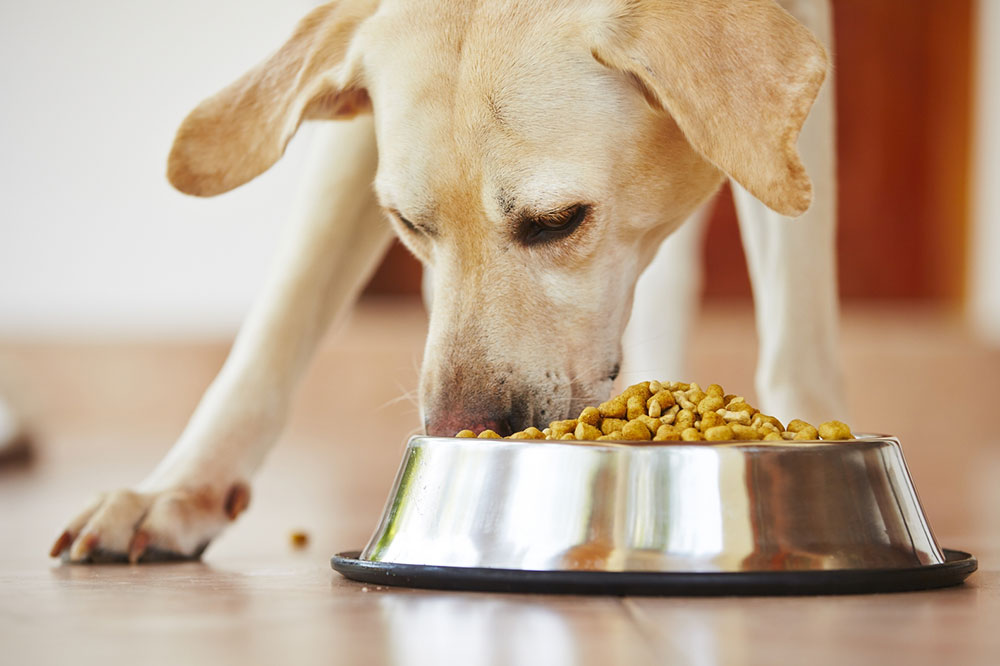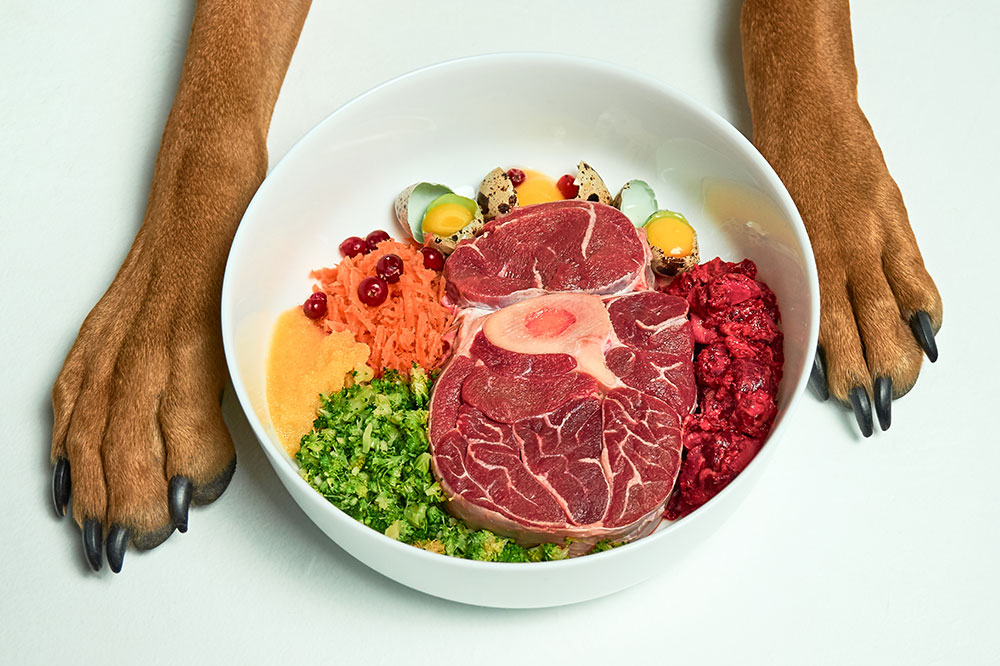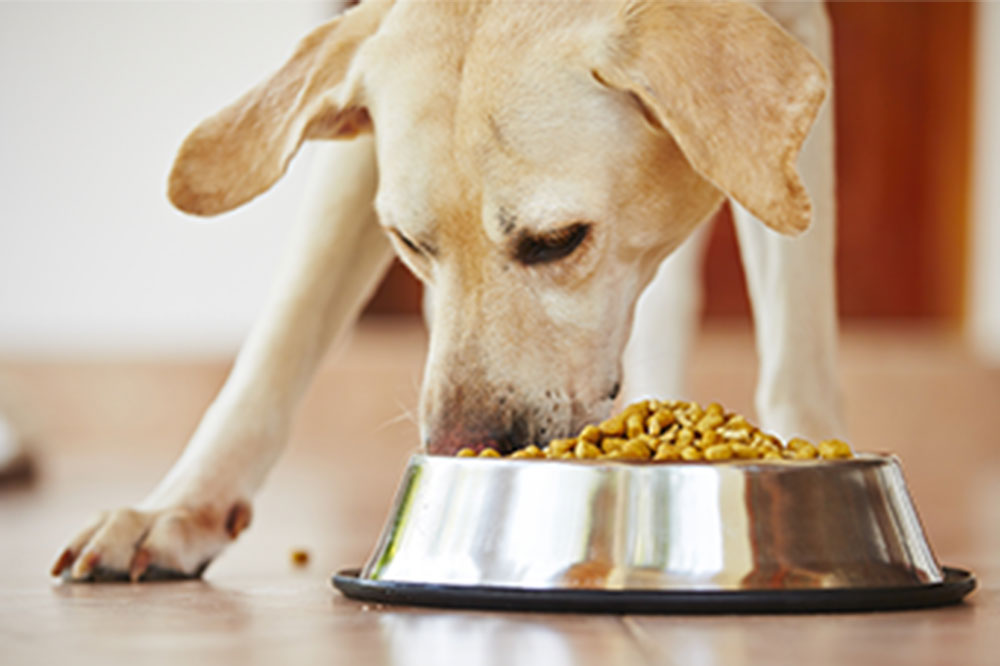Essential Ingredients to Consider When Choosing Dog Food
Learn about the four key ingredients to include in your dog's diet: quality animal proteins, suitable carbohydrates, healthy fats, and beneficial fruits and vegetables. Choosing foods with these components supports your dog’s overall health, coat shine, and longevity. Ensure to read labels carefully, avoid toxins, and consult your vet for personalized nutrition advice to keep your furry friend happy and healthy.

Essential Ingredients to Consider When Choosing Dog Food
Just as human nutrition impacts health and lifespan, the quality of what our pets eat plays a vital role as well. As a responsible pet owner, it's important to understand which foods provide the necessary nutrients. Choosing dog foods rich in these key ingredients can help prevent illnesses, support brain development, enhance coat health, and promote restful sleep. Here are the top ingredients to look for when selecting healthy dog food options.
Animal Proteins
High-quality animal proteins are fundamental for your dog’s diet, as their digestive system readily processes these proteins. Proper protein intake supports weight management, supplies vital vitamins and minerals, and maintains healthy muscles and joints as your dog ages.
When selecting pet food, verify the source of meat—such as chicken, beef, or lamb—and ensure that the packaging lists meat and organ meat as primary ingredients. Reputable brands typically specify the origin and quality of these ingredients.
Carbohydrates and Grains
Carbohydrates and grains supply energy and assist digestion in dogs. However, lower-quality foods often contain fillers like soy, corn, or wheat, which some dogs may be sensitive to. Better options include carbohydrate sources like rice, oats, and peas, which support overall health and vitality.
Healthy Fats
Healthy fats are essential for cellular health, vitamin absorption, digestion, and maintaining a shiny coat. Look for foods containing omega-3 and omega-6 fatty acids from sources such as fish oils, flaxseed, coconut oil, chicken fat, and sunflower oils. Inclusion of these fats supports your dog’s overall well-being.
Fruits and Vegetables
While not mandatory, fruits and vegetables provide important vitamins, minerals, and dietary fiber that help manage weight and prevent health issues like anal gland disease. Include options like carrots, green beans, and apples in moderation. Be cautious to avoid toxic foods such as onions, garlic, grapes, cherries, and mushrooms.










